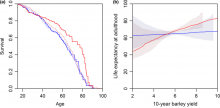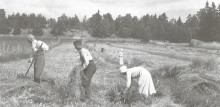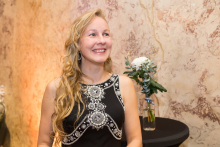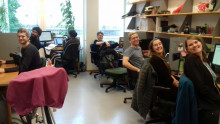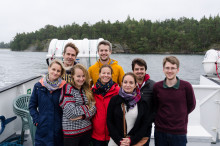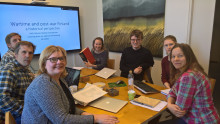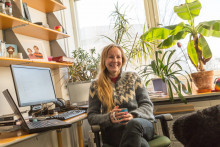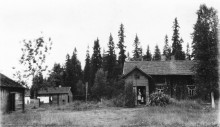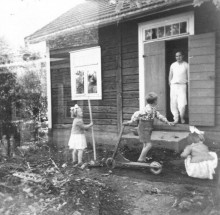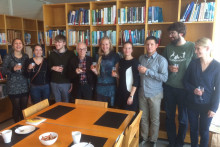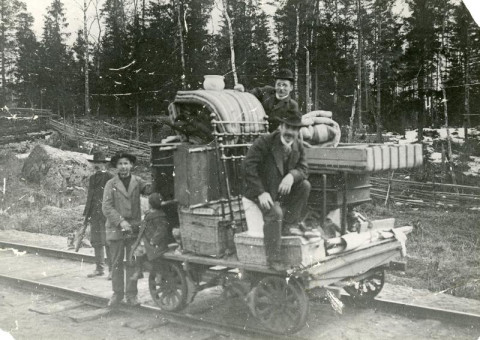
Subject: How and why were people moving in past societies? Internal migration patterns in historical Finland
Understanding patterns of human movements and their consequences is pivotal for many disciplines, including human behavioural ecology, demography or epidemiology. However, detailed information on individual movement is rarely available. Based on historical records, our team has recently built a unique dataset documenting the movements in Finland across the whole country from 1800 to 1920. This dataset offers the unique opportunity to investigate the patterns of movements and its drivers in past Finland.
The project will generally aim at describing the patterns of movements across historical Finland.
The exact scope of the project will be discussed with the student depending on his/her background and interests, and could for instance focus on studying the spatial variation in patterns of migration, its changes through time or the drivers of migration (e.g. age or sex).
Internship
This project will take place at the University of Turku, Finland, within the Human Diversity consortium led by Professor Virpi Lummaa. For this project, you will be supervised by Dr Aïda Nitsch, PhD student Mark Spa and Professor Virpi Lummaa. The Human Diversity consortium is a multi-disciplinary research group, investigating how human contacts and communication networks have produced the past and current human diversity (https://sites.utu.fi/humandiversity/).
Preferable start is in April/May 2025 but the dates are flexible.
Note: there is no financial help provided from our research group but you can ask for Erasmus grants and mobility grants (see the modalities with your university).
Requirements
We are looking for a motivated Bachelor or Master’s student who is interested in past human societies, demography or human behavioural ecology. This project would require previous experience in R and a strong quantitative background or willingness to learn handling large and complex datasets.
If you’re interested, please send a CV and a cover letter (1 page max) without delay to Dr Aïda Nitsch (ainits@utu.fi) and Professor Virpi Lummaa (virpi.lummaa@utu.fi), Department of Biology, University of Turku, Finland.

